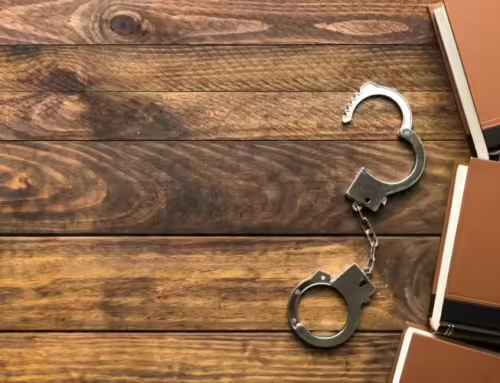
Counterfeiting is a serious federal offense. While federal law lumps several acts under the general umbrella of “counterfeiting,” people usually commit this crime when they falsely make, forge, or alter a security of the United States. The crime is a felony offense punishable by up to 20 years in state prison. If you or a loved one is facing a counterfeiting charge, please contact an experienced criminal defense attorney now for help.
What is the Federal Offense of Counterfeiting?
There are several federal laws on counterfeiting. The main one is set forth in 18 U.S.C. 471. Per this statute:
“Whoever, with intent to defraud, falsely makes, forges, counterfeits, or alters any obligation or other security of the United States, shall be fined under this title or imprisoned not more than 20 years, or both.”
The “obligations” and “securities” covered under this law include:
- Currency,
- Treasury notes,
- Reserve notes, and
- Bonds.
Note that there are several other federal statutes with regards to creating, distributing, or using counterfeit currency. These laws make it a crime for people to:
- Hold, publish, sell, or attempt, any counterfeit currency with an intent to defraud,
- Make, forge, or pass counterfeit currency with an intent to defraud,
- Buy, transfer, receive, or deliver counterfeit currency with intent that it be passed off as a genuine currency, and
- Possess imprints, digital images, or impressions made to create counterfeit money, or to sell these items with an intent to defraud.
What are the penalties?
Counterfeiting under federal law can lead to felony charges punishable by:
- A maximum federal prison sentence of 20 years, and/or
- A maximum fine of $250,000.
Can a Defendant Raise a Legal Defense?
Yes. People facing a federal counterfeiting charge can challenge it by raising a legal defense. For example, recall that a prosecutor usually has to show that an accused acted with an “intent to defraud” to secure a counterfeiting conviction. This means it is always a defense for a defendant to show that he/she did not act with this aim.
Further, recall that “obligations” and “securities” have a precise definition under these laws. Therefore, an accused can try and show that any type of counterfeited security was of such a poor quality, that it did not fall within the legal definition of an obligation/security. Note that money is only considered counterfeit under federal law if it is so similar to authentic money that it would confuse an ordinary person.
Contact Black & Askerov for Help
While a defendant can raise a legal defense to challenge a counterfeiting charge, it will take a skilled criminal defense attorney to raise the best defense. The experienced federal crime attorneys at Black & Askerov have over 25 years of combined experience defending clients on federal counterfeiting charges. Our Seattle criminal defense lawyers have the skill and commitment that makes all the difference in these types of cases. Our attorneys will fight tooth and nail for you at every step of your case. Contact us now to get the legal help you deserve!





